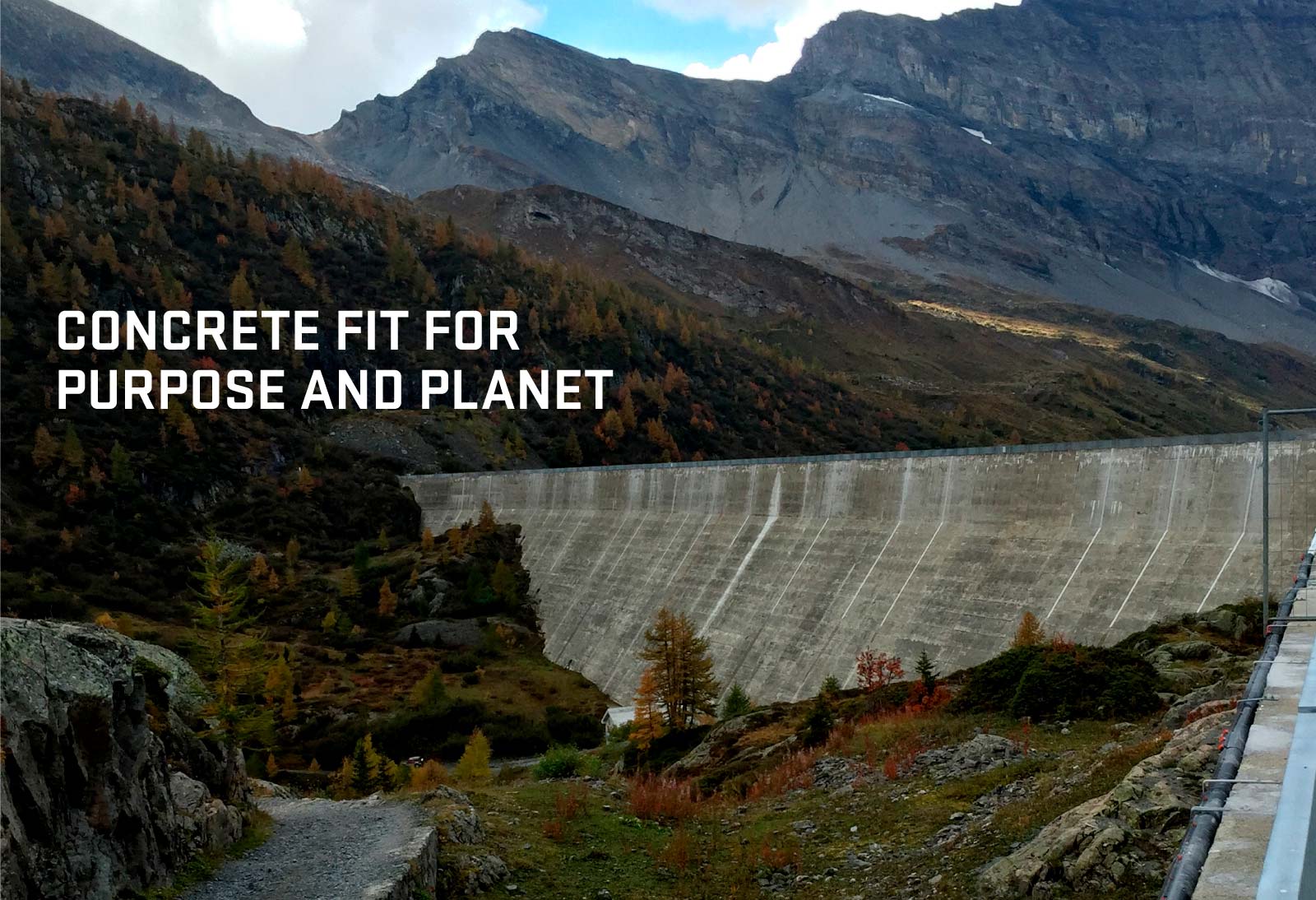Doctoral Short Course
Location:
Kearney Hall, Room 312
1491 SW Campus Way
Corvallis, OR 97331
Short Course Program (Downloadable PDF)
Day 1 – June 20, 2022
- 8:00 am: Continental Breakfast
- 8:30 am: Hydration, SCMs, Reactivity Evaluation: How Much Cement do You Need? – Scrivener
- 10:00 am: Break
- 10:30 am: Durability: Corrosion, New Mixture Proportioning Approach – Isgor
- 12:00 pm: Lunch
- 1:00 pm: Durability: Freeze/Thaw, Volume change – Weiss
- 2:30 pm: Break
- 3:00 pm: Durability: Sulfate Attack – Aguayo (virtual lecture)
Day 2 – June 21, 2022
- 8:00 am: Continental Breakfast
- 8:30 am: Sustainability in Structural Design – Dunant (virtual lecture)
- 10:00 am: Break
- 10:30 am: Durability: Alkali-silica reaction – Ideker
- 12:00 pm: Lunch
- 1:00 pm: Mixture Proportioning and Sustainable Solutions – Trejo
- 2:30 pm: Break
- 3:00 pm: Field experience, Repair, Specifications – Bentivegna
Corvallis Workshops
Location:
CH2M HILL Alumni Center
725 SW 26th St.
Corvallis, OR 97331
Workshop Program (Downloadable PDF)
Evening Welcome Reception
June 21 CH2M HILL Alumni Center
5:00 – 6:30 pm
Session 1: Binders
Morning June 22
8:30 – 12:00 pm
Moderator: Jason Ideker
Talks
- Jason Ideker – Welcome and Opening Remarks
- Karen Scrivener – École Polytechnique Fédérale de Lausanne
Reaching Net Zero for Construction - Farshad Rajabipour – Pennsylvania State University
Evaluation and Beneficiation of High-SO3 Fly Ash as Concrete SC - Somayeh Nassiri – Washington State UniversityBiobased nanofibers and nanocrystals from chitin and cellulose for stronger cementitious materials
- Sarah Williams – University of Colorado Boulder
Photoautotrophic Biomineralizing Microalgae as Alternative SCMs - Ogulcan Canbek – Georgia Institute of Technology
A Quantitative Approach to Determining Sulfate Balance for LC3
Poster Pitches
- Danielle Beatty – University of Colorado Boulder
Biogenic Limestone as a CO2-Storing Filler for Portland Cement Concrete - Anuj Parashar – Oregon State University
Title TBD
We will have a midway break in each session for refreshments
Lunch
12:00 – 1:30 pm
Session 2: Concrete/Pre-Cast
Afternoon June 22
1:30 – 5:00 pm
Moderator: Karen Scrivener
Talks
- Matthew Adams – New Jersey Institute of Technology
Local and State Policy Options for Overcoming Barriers to Procurement of Low Embodied Carbon Concrete - Tarek Khan – Master Builders® Solutions
Mix Design Development to be Fit for Purpose - Burkan Isgor – Oregon State University
Advances in Reactive-Transport Modeling Of Cementitious Systems to Study Durability and Sustainability Of Reinforced Concrete Structures - Thano Drimalas – The University of Texas at Austin
Exceeding the Limits with Portland Limestone Cements and Recycled Concrete - Anthony Bentivegna – Durability Engineers
Title TBD
Poster Pitches
- Xijun Shi
Evaluation of Reclaimed Asphalt Pavement based Cementitious Materials
Conference Dinner at Common Fields
Evening June 22
6:30 pm
Group Hike/Free Time
Morning June 23
Depart from CH2M HILL Alumni Center 8:30 am
Session 3: Durability/LCA
Afternoon June 23
1:30 – 5:00 pm
Moderator: Matthew Adams
Talks
- Brad Pease – COWI North America Ltd.
Practical Considerations of Service Life Design: Bridging the Gaps from Service Life Design Codes to Realities of Construction - Sabbie Miller – University of California Davis
Deep Decarbonization of Cement and Coupled Effects on Other Environmental Impacts - Federico Aguayo – University of Washington
Influence of Relative Humidity and CO2 Concentration on the Carbonation of Alternative Cementitious Binders - Ueli Angst – ETH Zürich
No Net-Zero Without Long-Term Corrosion Predictions: A Pore-Scale Perspective on Relevant Processes
Poster Pitches
- Kiran Ram Porikam Poil – University of Zagreb
Chloride Penetration Resistance of High-Performance Concrete Based on Limestone-Calcined Clay - Matea Flegar – University of Zagreb
Durability Assessment Across Different Exposure Classes of Normal Strength Calcined Clay Concrete - Zhanzhao Li – Pennsylvania State University
Kinetics of Iron Sulfide Oxidation in Simulated Concrete Pore Solution - Sylvia Kessler – Helmut-Schmidt-University
Value of Information of Corrosion Assessment Methods in Reinforced Concrete Structures - Matt Jungclaus – University of Colorado Boulder
Modeling the Theoretical CO2 Sequestration of Portland Cement Concrete - Gopakumar Kaladharan – Pennsylvania State University
Mitigation of Alkali-Silica Reaction in Concrete Using Novel pH Reducing Admixtures
We will have a midway break in each session for refreshments
Session 4: Design/Codes/Specifications
Morning June 24
8:30 am – 12:00 pm
Moderator: Sabbie Miller
Talks
- Eric Giannini – Portland Cement Association
Building Purposefully on the Road to Carbon Neutrality - Bruno Fong – Kiewit Corporation
Title TBD - Mike Thomas – University of New Brunswick
Is the w/cm Fit for the Purpose of Durability Specifications? - Alexander Michel – Technical University of Denmark
A modelling Framework to Anticipate, Mitigate, and Adapt to the Impact of Climate Change on the Material Deterioration of Civil Infrastructure - Bruce King – Ecological Building Network
From Marin County to Sacramento to Washington: Developments in Embodied Carbon Codes and Procurement Policies
Poster Pitches
- Darya Memon – Ghent University
Prediction of Low-Velocity Impact Response of RC beams - Michelle Helsel – Turner Fairbanks Highway Research Center
A Review of Cement and Concrete Sustainability Strategies and How to Quantify Them
We will have a midway break in each session for refreshments
Lunch
12:00 – 1:30 pm
Boxed lunch so you can stay, or grab and go!
